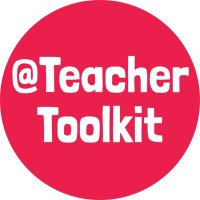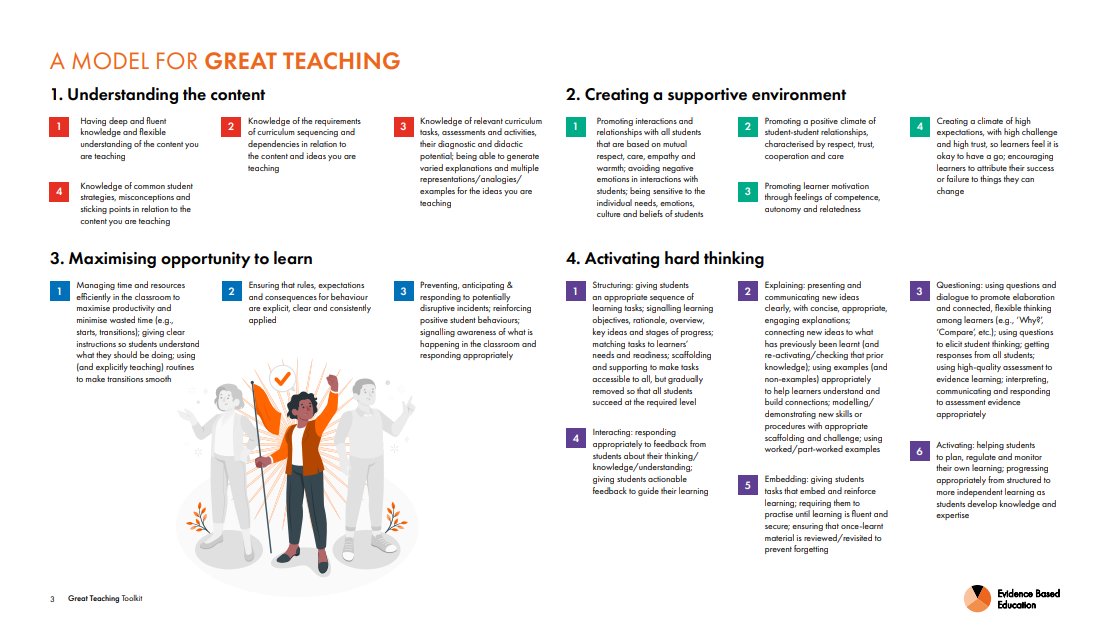
Noweira, A. M.
@noweiraa
MA in Education | ESL Teacher | Educational Assessment & Feedback Researcher | MIEE Expert & Trainer | 21st century | AI, Technology & innovation | Microsoft
ID: 995248640166957056
12-05-2018 10:25:41
1,1K Tweet
191 Followers
403 Following



Why do students seek feedback – or choose not to? In our newly published study, we explore the influence of student motivation on their feedback seeking practices. Huge congratulations to the talented Belinda Zhou on her first publication! 🥳 tandfonline.com/doi/abs/10.108…



Great to see Katharine calling for mobile phones and social media to be banned for under 16s - raising the profile of complex classrooms and pupil mental health 👏🏼 #bbcqt Katharine Birbalsingh



New article on exemplars & learner self-regulation (SR): Which is better to develop SR, exemplars before or after doing work? Was joy and honour to collaborate with the inspiring Jenni Rose on this doi.org/10.1080/026029…










Revisiting: 'Resituating feedback from the reactive to the proactive': taylorfrancis.com/chapters/edit/… Interesting to read how discussion of inner feedback processes evolved (1995-2025) in later papers to highlight ... 1/4 David Nicol















